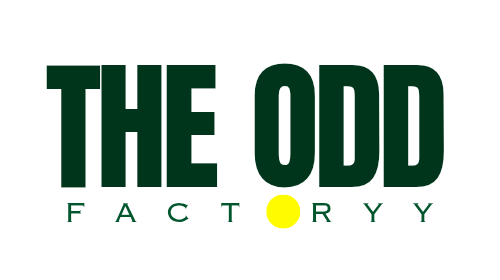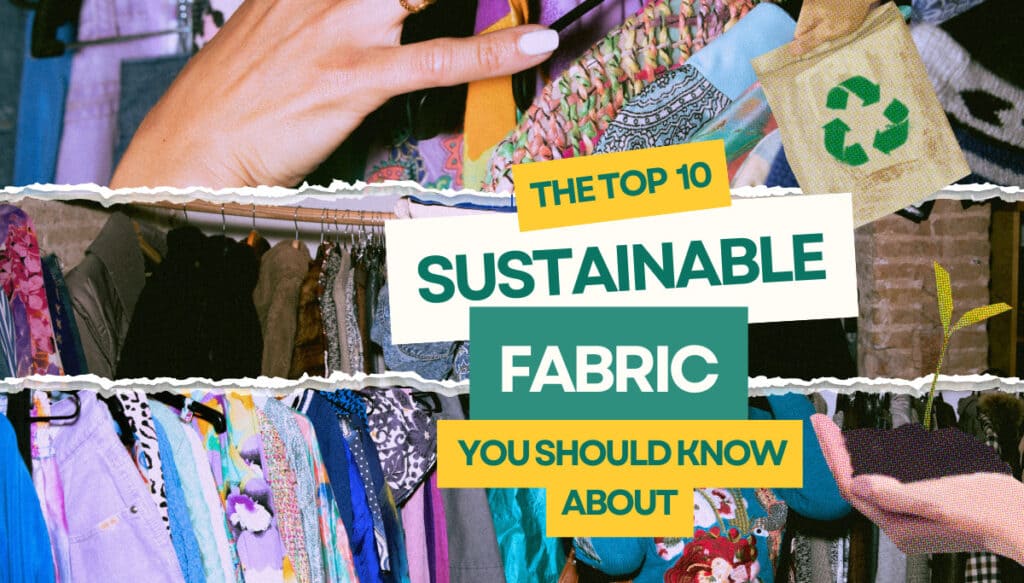The fashion industry is in the midst of a transformative shift towards sustainability. As consumers become more conscious about the environmental impact of their clothing, the demand for eco-friendly and sustainable fabrics has grown significantly. Whether you are a designer, a brand, or a fashion enthusiast, understanding sustainable fabrics is key to making more ethical and eco-conscious choices. In this guide, we’ll explore the top 10 sustainable fabrics that are leading the charge in responsible fashion.
1. Organic Cotton
Organic cotton is one of the most popular sustainable fabrics in the industry. Unlike conventional cotton, which uses significant amounts of pesticides, organic cotton is grown without harmful chemicals, reducing environmental harm. It also requires less water to grow, making it an eco-friendly choice for sustainable clothing suppliers. Organic cotton is breathable, biodegradable, and versatile, making it ideal for everything from casual wear to luxurious garments.
Why it’s sustainable:
- Grown without pesticides or harmful chemicals
- Requires less water
- Biodegradable and breathable
Many sustainable clothing suppliers are opting for organic cotton due to its softness and versatility, making it a great option for ethical fashion brands.
2. Hemp
Hemp is considered a powerhouse of sustainability in the fabric world. This plant-based fiber grows rapidly, requires little water, and does not deplete the soil. Hemp is also naturally resistant to pests, eliminating the need for chemical pesticides. The fabric itself is durable, breathable, and biodegradable, making it an ideal choice for both ethical clothing manufacturers and eco-conscious consumers.
Why it’s sustainable:
- Requires minimal water
- Enriches the soil it’s grown in
- Biodegradable and highly durable
Sustainable fashion manufacturers often prefer hemp for its strength and long-lasting wear, offering consumers clothing that’s both eco-friendly and high-quality.
3. Tencel (Lyocell)
Tencel, also known as Lyocell, is a soft, breathable fabric made from wood pulp, primarily from eucalyptus trees. The production process uses a closed-loop system, meaning that nearly all of the solvents and water used in production are recycled and reused, significantly reducing waste. Tencel is biodegradable, and its fibers are harvested from sustainably managed forests, making it a perfect fit for sustainable clothing wholesale suppliers.
Why it’s sustainable:
- Closed-loop production process
- Low water and chemical use
- Made from renewable plant material
For brands looking to reduce their environmental footprint, Tencel is a versatile fabric that meets sustainability standards without compromising on comfort.
4. Recycled Polyester
Polyester is one of the most widely used fabrics in the world, but it’s traditionally made from petroleum, a non-renewable resource. Recycled polyester, on the other hand, is made from post-consumer plastic waste, such as plastic bottles. This helps reduce landfill waste and the need for virgin materials. Recycled polyester also uses far less energy in its production than virgin polyester.
Why it’s sustainable:
- Reduces plastic waste
- Uses less energy compared to virgin polyester
- Can be recycled multiple times
Many sustainable fashion manufacturers incorporate recycled polyester into their designs, especially for performance fabrics and outerwear, making it an excellent eco-friendly alternative to traditional synthetics.
5. Bamboo
Bamboo is an incredibly fast-growing plant that doesn’t require pesticides, herbicides, or much water to thrive. Bamboo fabric is soft, breathable, and naturally antibacterial, making it a popular choice for underwear, socks, and activewear. However, it’s important to ensure that the bamboo is processed in an environmentally responsible way, as some methods can involve toxic chemicals.
Why it’s sustainable:
- Rapid growth without chemicals
- Minimal water usage
- Antibacterial and breathable
Bamboo’s versatility and eco-friendly qualities make it a staple among sustainable clothing wholesale suppliers. looking for natural fabric alternatives.
6. Linen
Linen is made from the flax plant, which requires very little water and pesticides to grow. It’s one of the oldest known fabrics and is highly durable, breathable, and naturally moisture-wicking. Linen becomes softer with each wash, making it a timeless favorite for summer wear and home textiles. The entire flax plant can be used in production, meaning very little waste is generated.
Why it’s sustainable:
- Minimal water and pesticide requirements
- Long-lasting and biodegradable
- Entire plant is utilized, reducing waste
Because of its low environmental footprint, linen is highly regarded among ethical clothing manufacturers looking for sustainable alternatives for seasonal collections.
7. Piñatex
Piñatex is an innovative fabric made from pineapple leaf fibers, a byproduct of the pineapple industry. This means that no additional resources are needed to grow the raw material for Piñatex. It’s a strong, lightweight, and cruelty-free alternative to leather, often used in accessories like bags and shoes. Piñatex is biodegradable and provides farmers with an additional income source from what would otherwise be waste.
Why it’s sustainable:
- Made from agricultural waste
- Biodegradable and cruelty-free
- Requires fewer resources to produce than leather
Sustainable fashion manufacturers are increasingly incorporating Piñatex into their collections, making it a popular choice for eco-conscious consumers who value innovation in sustainable materials.
8. Recycled Wool
Wool is a natural, renewable resource, but recycled wool takes sustainability a step further. Recycled wool is made from pre-consumer or post-consumer wool waste, such as discarded garments or production scraps. This reduces the need for new wool, conserves water, and minimizes textile waste. Recycled wool retains the warmth and durability of virgin wool, making it a great option for winter clothing and accessories.
Why it’s sustainable:
- Reduces textile waste
- Conserves water and energy
- Biodegradable and renewable
Ethical clothing manufacturers often turn to recycled wool for outerwear and cozy knitwear, helping to minimize the environmental impact of wool production.
9. Econyl (Recycled Nylon)
Econyl is a regenerated nylon fabric made from waste materials such as discarded fishing nets, industrial plastic, and fabric scraps. The process of turning waste into Econyl uses significantly less energy than creating virgin nylon, and the material can be recycled repeatedly without losing its quality. Econyl is popular for swimwear, activewear, and outerwear due to its durability and flexibility.
Why it’s sustainable:
- Made from waste materials
- Reduces landfill and ocean plastic
- Can be recycled multiple times
Brands that work with sustainable fashion manufacturers often use Econyl for its high-performance qualities, especially in eco-friendly sportswear.
10. Cork Fabric
Cork fabric, also known as cork leather, is made from the bark of cork oak trees. Harvesting cork doesn’t harm the tree, and the bark regenerates over time, making it a highly renewable resource. Cork fabric is durable, water-resistant, and naturally anti-bacterial, making it a great alternative to animal leather for accessories such as bags, wallets, and shoes.
Why it’s sustainable:
- Renewable resource
- Harvesting doesn’t harm the tree
- Water-resistant and durable
Cork fabric is gaining popularity among ethical clothing manufacturers looking for innovative materials that align with sustainable and cruelty-free values.
As the world moves towards more eco-friendly practices, the use of sustainable fabrics in fashion has become increasingly important. From organic cotton to Piñatex, each of these fabrics offers unique benefits that help reduce the environmental footprint of the fashion industry. By working with sustainable clothing suppliers, sustainable fashion manufacturers, and ethical clothing manufacturers, brands can create high-quality, environmentally responsible products that meet the demands of today’s conscious consumers.
Embrace these fabrics in your wardrobe and business to support a future of sustainable fashion, where style meets responsibility.



